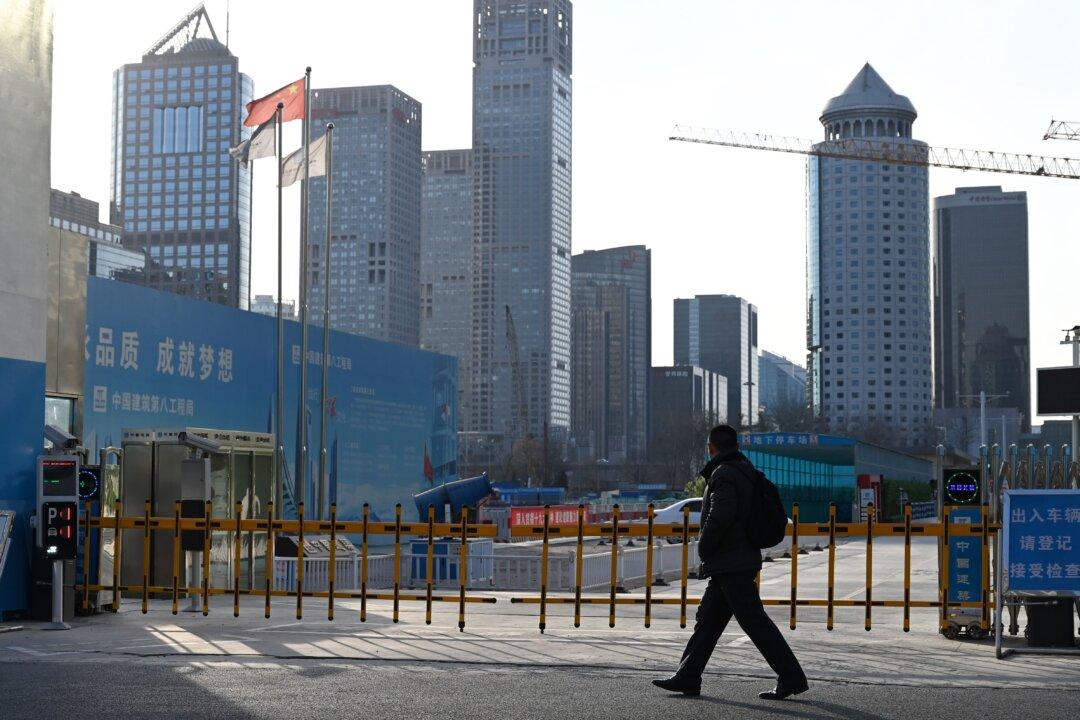Beijing is shutting down a private Chinese think tank known for its liberal views on China’s economic policies.
Beijing-based Unirule Institute of Economics, in an Aug. 26 statement published on its website, stated that it has ceased all activities under the institute’s name and stopped updating its website, after it received two separate letters from municipal authorities in early July.





